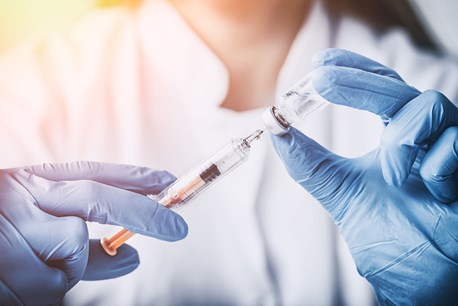Supreme Court Issues Major False Claims Act Decision
Client AlertSupreme Court Rules that Liability under the False Claims Act (FCA) Depends on the BELIEF of Defendant
The Supreme Court unanimously ruled Thursday, June 1, 2023 that liability in FCA suits depends on whether defendants believed their claims were false, not whether they had made an "objectively reasonable" interpretation of law or regulation. The decision rejects the recent attempts to shift the scienter element’s knowledge standard in FCA cases, clarifying instead that an assessment of a defendant's subjective beliefs about potential wrongdoing is required. In the opinion, Justice Thomas writes “…what matters for an FCA case is whether the defendant knew the claim was false. Thus, if respondents correctly interpreted the relevant phrase and believed their claims were false, then they could have known their claims were false.”
At oral arguments, the government asked the Court to preserve the relevance of subjective intent standard. The Government argued that following the Seventh Circuit’s precedent of “objectively reasonable” interpretation would undermine enforcement and incentivize individuals to come up with crafty, post-hoc arguments for why a claim it submitted was not false. The Court agreed, and its ruling allows the government to rely on deliberate ignorance or recklessness of the defendant instead of having to prove actual knowledge.
The FCA was passed under the Lincoln administration and underwent significant strengthening through a congressional amendment in 1986. Today, the FCA is one of the government's strongest anti-fraud statutes. It imposes liability on individuals and businesses that defraud and cause financial loss to the federal government. The FCA also provides the potential for rewards for whistleblowers who report such fraudulent activities. Since its amendment in 1986, the Department of Justice has successfully utilized the Act to secure settlements and judgments amounting to over $70 billion, mainly in healthcare and defense contracting cases.
The FCA plays a substantial role in balancing the power between the government and industry. Along with being used to combat health care fraud, the FCA serves as the government’s primary tool to redress false claims involving a multitude of other government operations and functions. In recent years, healthcare fraud has been the leading source of the Department’s FCA settlements and judgments, as the FCA has played a critical role in combatting the opioid epidemic and the growing issues surrounding the Medicare Advantage program. The number of FCA cases has increased over the past several years, and it is evident that governments on both the state and federal levels are becoming more aggressive in their use of the FCA to obtain recoveries.
FCA claims can be a source of concern and complexity for businesses when they find themselves as the subject of either a federal investigation or state investigation. Whenever there is government money at stake, there is a chance for an FCA claim. Since fraud in the healthcare industry can lead to rising healthcare costs, the government is keen on cracking down on such activity. The unanimous ruling decidedly addresses with the FCA’s knowledge element, overturning the Seventh Circuit’s use of an "objectively reasonable" interpretation of law or regulation, and instead holding that an FCA case hinges on whether the defendant knew the claim was false.
Should you have any questions concerning the CMS Final Rule, please contact BMD President Matt Heinle at maheinle@bmdllc.com, BMD Vice President Amanda Waesch at alwaesch@bmdllc.com, or Healthcare Partner Bryan Meek at bmeek@bmdllc.com.
